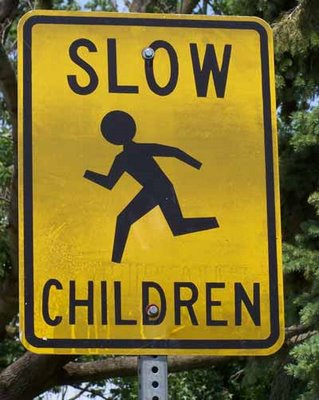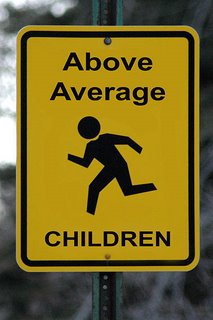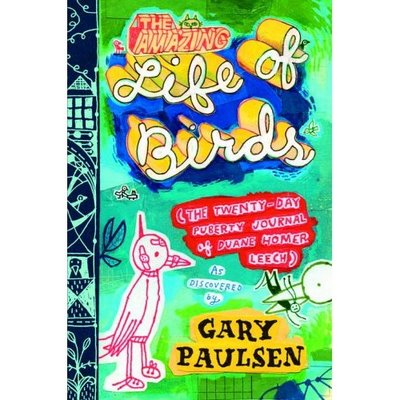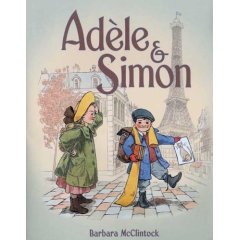
It's the closing line
Garrison Keillor uses whenever he delivers one of his homilies about his beloved Lake Wobegon. It's that idea that people often think higher of themselves (and their loved ones by extension) than is statistically possible. It even rates a Wikipedia entry,
Lake Wobegon effect, with a couple of reasonable examples in support.
My favorite version is the oft reported story where around 18% of Americans polled believe they're in the top 1% tax bracket and the next 18% believe they're in the top 10%. So nearly 40% of polled Americans believe they're in the top 10%, which explains why talk of tax cuts for the upper income brackets is so embraced. It also supports the Great American Delusion that people are better off then previous generations. I know for a fact that my father earned a higher salary than I ever have -- that's not even adjusting for inflation -- and he never went to college.
But my least favorite version of the Lake Wobegon effect, and the more relevant one here, is actually the one Keillor uses. As a former teacher, and as a bookseller, the number of people who claim their children are above average would topple any bell curve you'd care to draw up.
Lately, working as a bookseller again and with the holidays upon us, the number of people with children reading "well above average" is staggering. Additionally, these children are "precocious", "sophisticated", and have interests far above most of the "mundane subject matter" that comprises most of the books available to kids their age.
Really?
So here are some questions these adults have been unable to answer about their above-average, precocious, sophisticated and clearly superior children when pressed.
- What's the last book the child read and enjoyed?
- What's the last book the child requested be purchased for them?
- How many books a week (or month) do they read, on average?
- Do they prefer realistic fiction or fantasy?
- What's the last book they didn't enjoy, and what didn't they like about it?
- What sort of books are they reading in school?
In short, exactly how well do you really know this child? It's amazing how many parents just stare blankly at me with any single one of these questions. It's a rare parent/adult who looks me in the eye and says "You know, that's a really good question. That would probably be useful information to know." Actually, the one parent who did say that left the store, came back a few days later and we set about getting their kids books they'll actually read.
What occurred to me recently is that with all these parental units -- caregivers and grandparents and other adults buying for children -- pushing more sophisticated, above grade level reading onto their kids, are we not seeing a partial cause to the problem of children growing up too fast? I'm thinking back to how Phillip Pullman's His Dark Materials books were originally shelved in with Sci-Fi and Fantasy in the larger bookstores, then migrated to the teen section, and now can be found as a boxed gift set with the middle grade readers. The argument for their shift in placement was the success of Harry Potter, and the interest in all things British and vaguely connected to sorcery, among the younger set.
But just because a ten year old
can read those books, should they?
I often find myself biting my tongue when, after exhaustively suggesting over a dozen titles and having them rejected as either "too young" or "too lightweight" or as "already read", sending people up the street to the larger bookstore that carries adult titles. Clearly, if these kids are so sophisticated and so easily bored of books aimed at their age level then they really ought to delve into the real classics and build themselves a more solid literary foundation.
There comes a point for every child when what is written for them feels too much like pandering. It isn't that the books for their age level are no longer relevant, but that desire to start exploring the adult world becomes too strong a pull to ignore. Where parents may feel reluctant to delve into more mature ideas and themes in the home (or allow it in the literature) kids will go looking elsewhere. Occasionally this is referred to as "the street", as in "where did you get that information, on the street?" and is, in fact, as integral a part of a child's education and development as their formal schooling. To be book smart is well and good and necessary, but there comes a time when it has to work in the real world. Short of hitting the streets and learning the hard way, adult books can offer up a window into the real world situations without cutting them off from their last reaming years of childhood.
The trickiest part of this balancing act is not foisting a book onto a child that either reminds them of school or in any way smacks of education. A fourteen year old boy whose interest in reading has waned isn't really going to enjoy
The Three Muskateers as much as he would some vintage Vonnegut. I'm speaking from experience on this one. Not that I wouldn't eventually come around to the French classic (and others, Victor Hugo especially) but that what I needed at the time was a cockeyed world reflected through a satirist's prism to comfort me and let me know that it was alright, that adults didn't really have all the answers, and that we're all in this together.
Yes, and after I read
Breakfast of Champions I dove headlong into
Portnoy's Complaint and
Catch 22. And I don't recall my parents ever describing me as above average, precocious or sophisticated -- though I did have to hide what I was reading once they took a look through Vonnegut. Should I have been reading my Edgar Allen Poe and Mark Twain for school instead of these fine examples of mid-twentieth century American literature? Absolutely. Would I have wanted to be a writer if I have given up reading at age fourteen and started doing poorly in school? No. (Actually, the reading didn't improve my grades, but I did start to view school with new eyes once it became my social observation laboratory.)

My hope is that adults stop describing their children in terms that make them feel good about themselves when shopping for books. To be honest, the booksellers neither care, and rarely does it help in recommending a book for a child. If you absolutely must give a book as a gift, then do the only thing a child wants from you in the first place, whether they admit it or not:
ask them outright. Children don't like to receive bad gifts any more than adults do, and in buying them what they want you reduce the risk of viewing the gift through adult eyes, with all the associated faults and pitfalls. If you honestly do know what they want by all means purchase that book, but if you need recommendations from a bookseller who's never met your child and whom you don't know personally, better do your homework.
As far as gift cards are concerned, if you're going to give one for a bookstore it should be in an amount equal to several average-priced hardcover books. I'm not saying that to boost sales, the fact is that kids with a short spending leash don't enjoy the process of trying to match their interests with a set price. You give them lots of freedom and not only will they be less stressed about the purchase but they may also feel the latitude to expand their horizons beyond the books they know. Better still, take them to the bookstore for a shopping spree (with a set limit of
books, not
dollars) and teach them how to utilize the help of booksellers, show them how to enlist the advice of total strangers and learn how to communicate their ideas and desires effectively with others.
Now
that might help make them truly above average.







